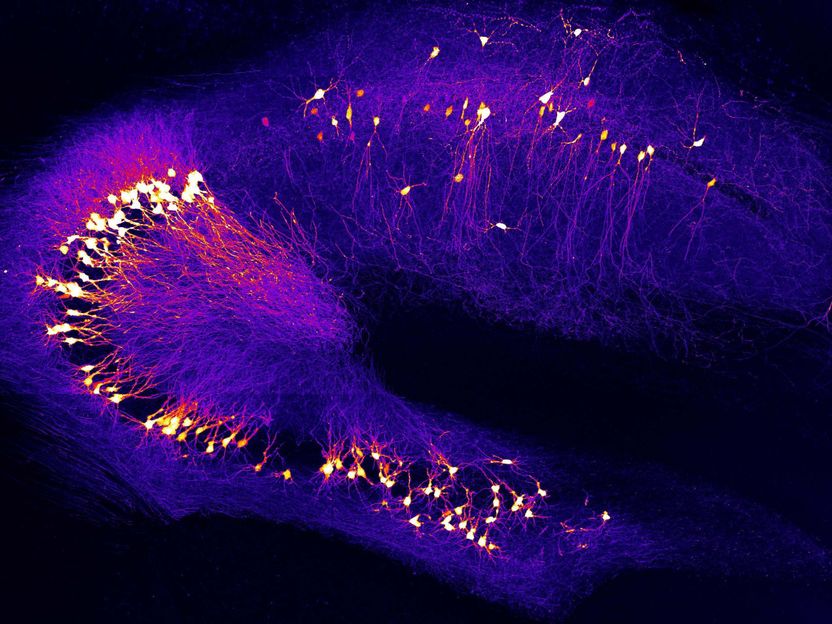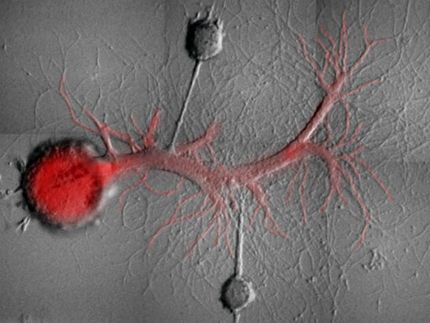Axel Ullrich named winner of 2009 Dr. Paul Janssen Award for Biomedical Research
Johnson & Johnson announced that Axel Ullrich, Ph.D., director of the Department of molecular biology at the Max Planck Institute of biochemistry in Germany, whose discoveries have led to novel cancer therapies including Herceptin® (trastuzumab), is the winner of the 2009 Dr. Paul Janssen Award for Biomedical Research. An independent committee of world-renowned scientists selected Dr. Ullrich, who on September 8 will receive a $100,000 prize during a ceremony in Beerse, Belgium.
"Dr. Ullrich was chosen for his pioneering work in applying molecular biology and molecular cloning to the discovery of protein therapeutics for the treatment of a wide range of diseases, including diabetes and cancer," said Solomon Snyder, M.D., distinguished service professor of Neuroscience, Pharmacology and Psychiatry, Johns Hopkins School of Medicine and chairman of The Dr. Paul Janssen Award Selection Committee.
Ullrich has pioneered the translation of genomics-based discoveries into novel approaches for the treatment of major diseases. Working at Genentech, Inc. in the early 1980s, he developed genetically engineered human insulin, the first therapeutic derived from gene cloning. In 1987, Ullrich and collaborators discovered that the neu/HER2 gene is amplified and overexpressed in more than 30 percent of invasive breast cancers. HER2 was chosen for the development of an entirely novel cancer therapy, culminating in the production of an anti-HER2 monoclonal antibody that since 1998 has been used successfully to treat patients with metastatic breast cancer. This was the first targeted therapeutic agent developed on the basis of a newly discovered gene with an oncogenic function in human cancer.
In the early 1990s, Ullrich identified the signaling system involved in regulating tumor angiogenesis, the growth of blood vessels in tumors. He discovered that inhibiting a key player in the signaling system (called vascular endothelial growth factor receptor or VEGFR) suppresses the generation of blood vessels in tumors and slows down cancer cell growth. Years later, a small molecule inhibitor of the VEGFR2 kinase function was developed, from which a derivative was approved in 2006 for the treatment of kidney carcinoma and gastro-intestinal stromal tumors.
"It is an honor to receive an award of this stature and to be recognized among so many outstanding scientists," said Ullrich. "Dr. Paul is a legend whose work had a tremendous impact on combating some of the world's most serious diseases. Four of the more than 80 medicines he developed are on the World Health Organization's list of essential medicines."
Other news from the department people

Get the life science industry in your inbox
By submitting this form you agree that LUMITOS AG will send you the newsletter(s) selected above by email. Your data will not be passed on to third parties. Your data will be stored and processed in accordance with our data protection regulations. LUMITOS may contact you by email for the purpose of advertising or market and opinion surveys. You can revoke your consent at any time without giving reasons to LUMITOS AG, Ernst-Augustin-Str. 2, 12489 Berlin, Germany or by e-mail at revoke@lumitos.com with effect for the future. In addition, each email contains a link to unsubscribe from the corresponding newsletter.
Most read news
More news from our other portals
Last viewed contents
Cooperation between BlueSens and EXPUTEC
Melanocortin_1_receptor
Multiple_endocrine_neoplasia_type_1






















































